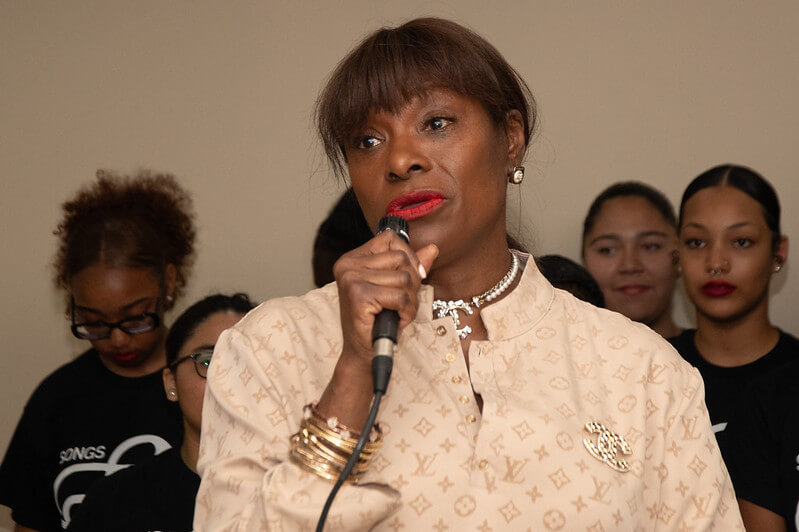 Don’t pretend “The Hunger Games” didn’t tug your heartstrings, despite being based on novels.
Don’t pretend “The Hunger Games” didn’t tug your heartstrings, despite being based on novels.
Credit: Murray Close
When you need a good cry, do you reach for the movie that’s “based on a true story”? Science says you’re giving your brain far too much credit.
According to a new study published in the Journal of Consumer Research, it doesn’t matter whether the story is inspired by actual events or purely fictional once you’ve made an emotional investment.
The reverse — going for a novel over a memoir to avoid feeling sad — is also a false assumption, according to the authors from Brandeis and New York universities.
“Consumers may choose to read a tragic fictional story because they assume that knowing it was fictional would make them less sad than reading a less dramatic but true story,” they write. “However, the fictional nature does not alter the impact of the tragic story, leaving them more emotionally distraught than if they had read the true story instead.”
In the study, viewers were shown a movie they were told was fictional. Though this audience reported lower levels of sadness, they had been allowed to take breaks during the screening, which researchers theorize could’ve allowed them to remember that the story was not true.
In a different study, subjects claimed it would leave them sadder to know that a tragic story they’d just read had really happened rather than being made up. Two other groups read the same story and were told either that it was an accounting of true events or fictional — both felt sad regardless of what they’d been told.
The only beneficiaries from this self-delusion, the researchers write, are publishers and movie studios willing to back a project simply because it’s based on a true story. “However, our results suggest that while emphasizing realism may increase sales, it does not necessarily increase satisfaction,” the authors say.
Follow Eva Kis on Twitter @thisiskis or email eva.kis@metro.us.






















